Jumping into the realistic, large-scale battles of Squad can be intimidating for any new player. This tactical FPS demands more than just a quick trigger finger; it requires strategy, communication, and real teamwork to secure a victory. If you’re just starting, learning the core principles of the game will help you become a valuable asset to your team and ensure you have a much more enjoyable experience on the battlefield.
Mastering the Essentials: Your Gear and Your Ears
The first step to becoming a competent Squad player begins before you even fire a shot. Your ability to communicate and hear the world around you is paramount. This is why a good quality headset is not just recommended; it’s practically required. You need to hear enemy footsteps, vehicle engines, and, most importantly, the commands from your Squad Leader (SL).
Your SL is the strategic brain of your nine-person unit. They are responsible for placing spawn points, coordinating with other squads, and giving direct orders. Ignoring your Squad Leader is the fastest way to get kicked from a squad and is detrimental to the team’s success. Every order, from where to move to when to hold fire, is part of a larger plan.
Think of communication as your most powerful weapon. Clear and concise callouts about enemy locations and listening to your SL’s instructions will have a greater impact on the game’s outcome than a high kill count ever will.
Know Your Place in the Squad
It can be tempting to grab the most powerful-looking kit or volunteer to be the Squad Leader, but this is a mistake for beginners. The SL role carries immense responsibility, including managing communications, strategy, and asset placement. Failure in this role can cripple your entire team, so it’s best to learn the flow of the game as a standard infantryman first.
For new players, two roles stand out as the best starting points: Rifleman and Medic. Both are relatively simple to understand but are absolutely vital to the squad’s survival. The Rifleman provides essential ammunition to teammates, while the Medic keeps everyone in the fight by healing and reviving them.
Playing as a Medic is one of the best ways to learn the game because it forces you to stick with your team and observe the action. You’ll quickly understand the importance of positioning and covering your teammates. Below is a simple breakdown of these two key roles.
| Class | Primary Role | Key Equipment |
|---|---|---|
| Rifleman | Standard combat and ammo supply | Ammo Bag |
| Medic | Healing and reviving teammates | Medic Bag, Bandages |
Practice Before You Deploy: The Map and the Range
The maps in Squad are massive and complex. Knowing the terrain, common engagement areas, and objective locations gives you a significant tactical advantage. Before diving into a live match, spend some time simply exploring the map in an empty server or looking at map layouts online. You need to be able to understand your SL’s instructions when they say, “Enemy infantry at grid G4-3-7.”
To get familiar with a map, try this simple routine:
- Open the map and identify the main objective points (flags).
- Look for major geographical features like rivers, mountains, and large towns that can be used as landmarks.
- Trace the main roads to understand how vehicles will likely move across the map.
Alongside map knowledge, you must get a feel for the weapons. The shooting mechanics in Squad are more realistic than in many other FPS games, with bullet drop and travel time. The Shooting Range is an invaluable tool for this. Use the shooting range to test different weapons, practice controlling recoil, and learn how to operate various vehicles without pressure. This practice will make you far more effective in an actual firefight.
The Golden Rule: Teamwork Trumps All
If you take only one tip from this guide, let it be this: do not play as a lone wolf. Squad is designed from the ground up to be a team-based experience. A single player trying to be a hero will almost always be less effective than a coordinated squad working together. Your survival and success are directly linked to how close you are to your teammates.
Sticking together provides numerous advantages. It allows for quick revives from medics, resupplies from riflemen, and concentrated fire to overwhelm enemies. A 2021 study on tactical shooter games noted that teams with high cohesion and communication have a win rate over 30% higher than teams that are disorganized. While this applies to gaming in general, it is especially true in Squad.
Always move with at least one other squad member and stay within earshot of your Squad Leader. This simple act of staying together is the difference between a squad that can capture objectives and one that gets picked apart one by one.
Winning the Game Beyond the Gunfight
While killing enemies is part of the game, it’s not the primary way to win. Victory in Squad is achieved by reducing the enemy team’s “tickets” to zero. Every team starts with a set number of tickets, and various actions cause them to lose these tickets. Understanding this system is key to focusing on what truly matters.
Simply killing an enemy soldier usually costs their team only one ticket. However, more strategic actions have a much larger impact. You should always prioritize actions that drain the most tickets from the enemy.
Here are the primary ways to make the enemy lose tickets:
- Capturing an objective point (flag). This often causes a significant ticket loss.
- Destroying enemy vehicles. A tank or transport vehicle is worth many more tickets than a single soldier.
- Destroying enemy spawn points, like a Forward Operating Base (FOB). This not only costs tickets but also cripples their ability to reinforce an area.
Focusing on these objectives is how matches are won. A team that ignores objectives to chase kills will almost always lose to a team that plays strategically.
Being a Better Teammate, Not Just a Player
Finally, remember that behind every soldier in the game is a real person. Squad has a strong community that values teamwork and positive communication. As a new player, you will make mistakes. You might crash a vehicle, give away your squad’s position, or make a bad call. It happens to everyone.
When you make a mistake, own up to it and apologize. A simple “my bad” goes a long way. Avoid getting into arguments or being rude, even if you feel provoked. A positive and respectful attitude makes the game more enjoyable for everyone and leads to better teamwork.
Also, be mindful of your own well-being. Squad demands focus and clear thinking, so playing while you are tired or unwell will only lead to frustration for you and your team. It’s better to take a break and come back when you’re ready to contribute effectively.
Frequently Asked Questions about Squad
What is the single most important tip for a new Squad player?
Communication is the most critical skill. Use a microphone, listen to your Squad Leader, and provide clear, concise information to your teammates about what you see on the battlefield.
Can I play Squad without a microphone?
While technically possible, it is highly discouraged. Most servers will kick players who do not have a microphone because communication is essential for the teamwork required to win.
What is a ticket in Squad and why is it important?
Tickets are the resource that determines the winner of a match. Your team wins by reducing the enemy’s ticket count to zero. You lose tickets when teammates die, vehicles are destroyed, or you lose objectives, so protecting them is vital.
How do I get better at shooting in Squad?
Spend time in the Jensen’s Range (the practice mode). This allows you to test every weapon, learn the bullet drop for different scopes, and practice hitting moving targets without the pressure of a live game.
Is it okay to take a vehicle without asking?
No, never take a vehicle without permission from your Squad Leader. Vehicles are critical team assets, and your SL will have a specific plan for them. Taking one without orders can ruin a well-planned strategy.
What happens if I don’t follow the Squad Leader’s orders?
Consistently ignoring your SL will likely get you kicked from the squad. More importantly, it undermines the team’s strategy and cohesion, making it much harder for your team to win the match.

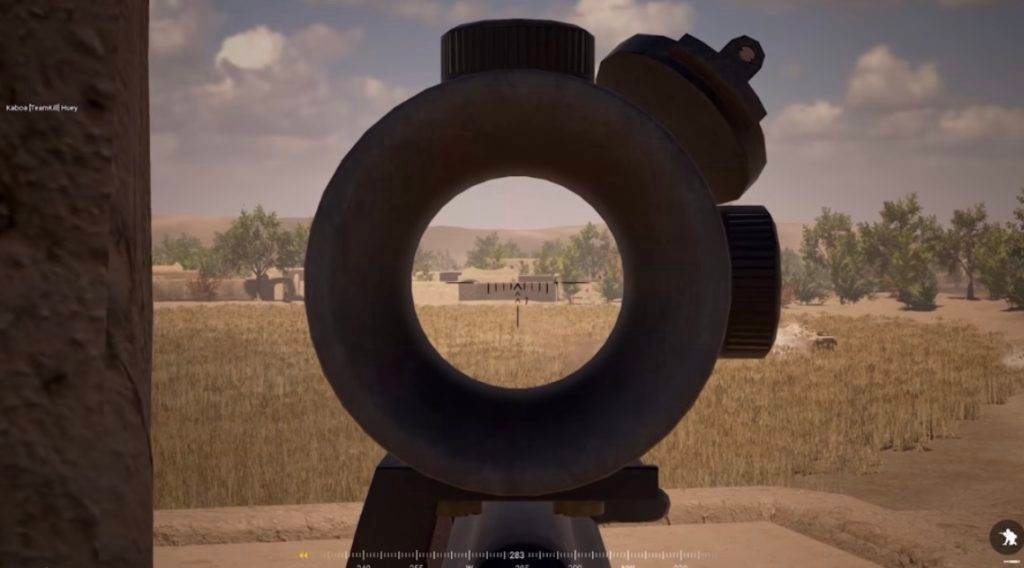


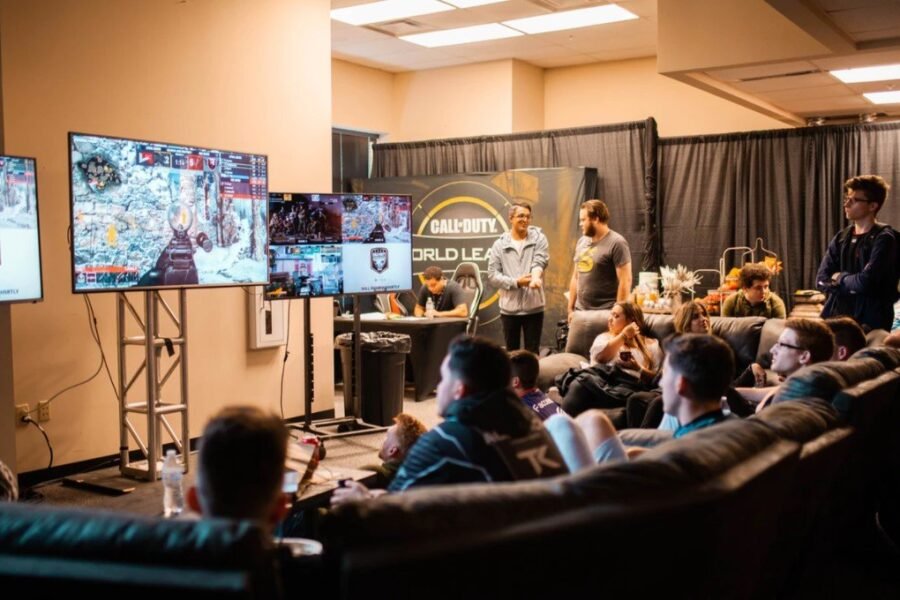
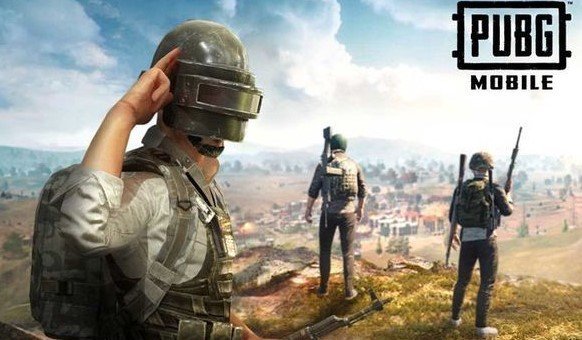
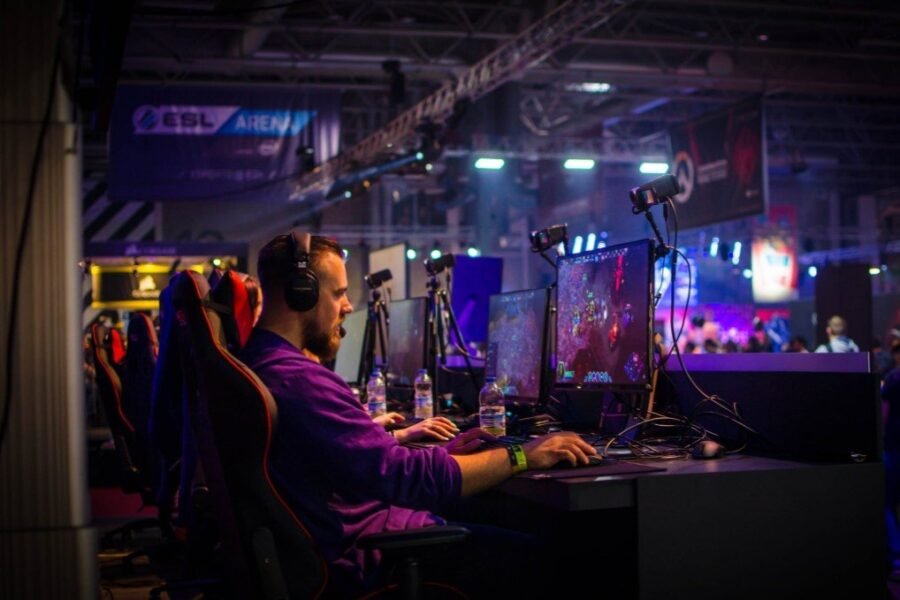
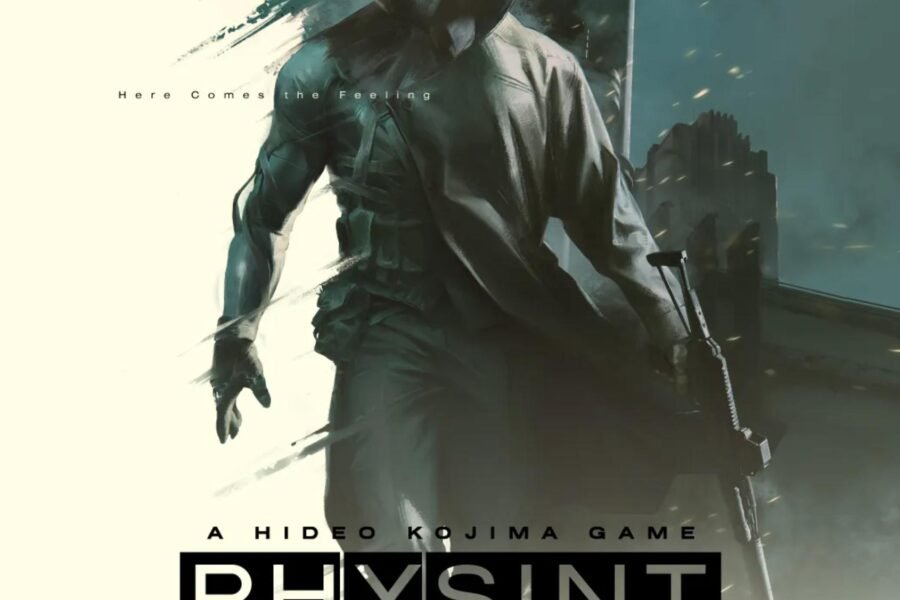
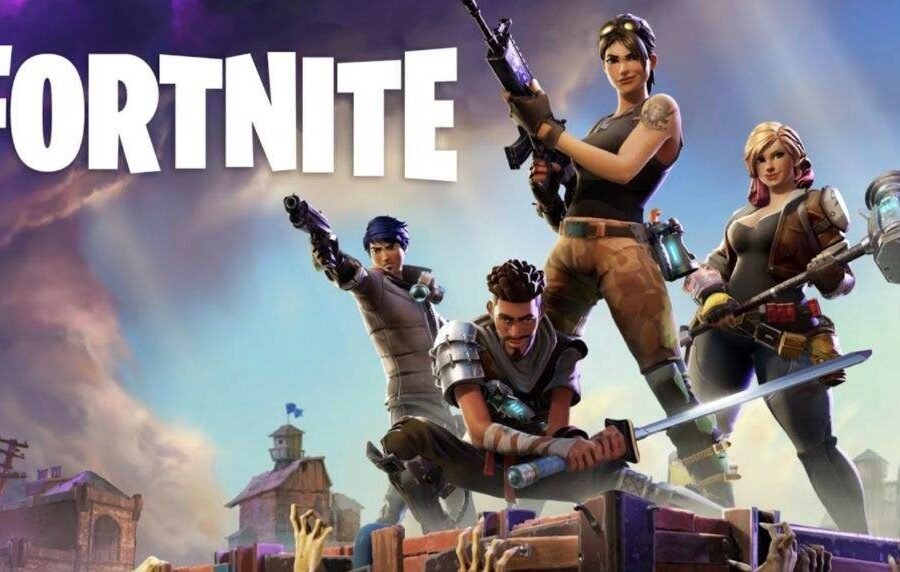
Leave a Comment